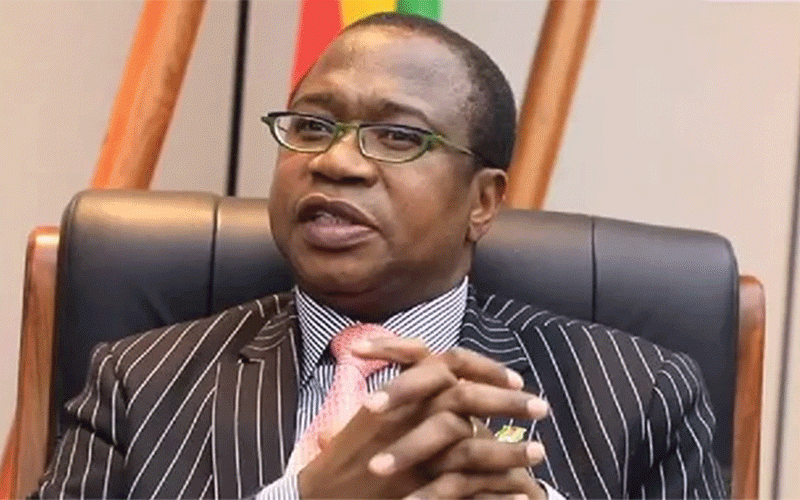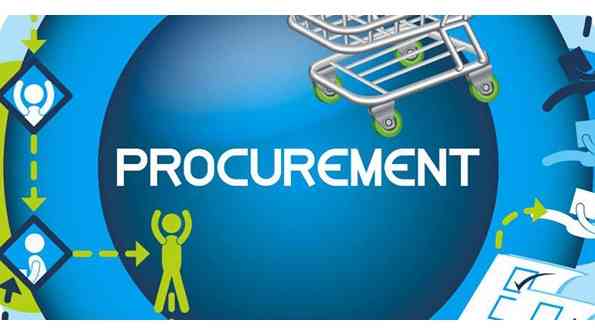
DESPERATE moves by Finance and Economic Development minister Mthuli Ncube to open the floodgates for basic commodity imports will only provide temporary respite to consumers, social and economic analysts said this week, warning of an industrial bloodbath.
They said by suspending duty on 11 key commodities, Ncube slammed the door against desperate efforts to ramp up falling industrial production and push capacity utilisation to 66%.
Economists said embattled industries would be pushed out of markets by cheaper South African and Zambian imports, triggering another wave of plummeting output, scale downs and firm shutdowns.
In a surprise move, Ncube last week suspended duty on a number of basic commodities, as he battled to calm a price rage and pacify angry consumers.
Still, there was a pushback.
Consumers demanded action, after watching the economy relapse, only 15 years after a brutal carnage on the dollar ended in disaster.
His plan was to give foreign suppliers unhindered access, flood the markets with cheaper basic commodities and force local producers to cut prices.
The basics include maize meal, rice, milk, flour, salt, cooking oil, petroleum jelly, toothpaste, bath soap and washing powder.
- Mthuli Ncube abandons struggling consumers
- Fears of jobs carnage as crisis deepens
- Fresh warning over bank rate hikes
- In Conversation with Trevor: ‘Zim must invest in human capital’
Keep Reading
Social commentator Reuben Mbofana said Ncube closed the door against any recovery hopes.
“The suspension of duty threatens the little progress that has been made over the past few years,” Mbofana told the Zimbabwe Independent.
“Our goods were now making over 70% of supermarket shelves. However, the suspension of duty will trigger the influx of cheaper imports, especially from South Africa and Zambia.
“Government needs to sort out the exchange rate (crisis). This entails freeing the exchange rate to be determined by market forces.”
The Confederation of Zimbabwe Industries (CZI) was among the first to red-flag government’s swift action.
The CZI said at the weekend, the ripple effects would be felt across markets, with disastrous consequences.
“The lifting of duties on the 11 products has more negatives than positives on the economy,” CZI president Kurai Matsheza said. “This measure means as a country we’re outsourcing the production of those products, hence exporting jobs.”
Ncube’s move was the latest of many attempts by under fire authorities to act only after the situation would have spiralled out of control.
Economists say President Emmerson Mnangagwa’s administration has failed to tackle factors underpinning the currency downturn, only making “preposterous” statements to manage public jitters as Zimbabwe relapses.
Along with a two-decade-long embargo, the economy has been stifled by wanning production, de-industrialisation, a battered currency and prolonged exchange rate fragilities.
The local currency surrendered almost 60% of its value during the first three months of this year, after depreciating at a terrifying scale in 2022.
The Zimbabwe dollar was trading at US$1:ZW$750 around October last year on the dominant black market. The rate has surged to over US$1:ZW$2 700 in the past week — a 260% crush within half a year.
There have been little stimulants to drive the economy back to stability.
Instead, authorities have taken turns to loot everything from gold to diamonds and ivory and spirited away vital foreign currency revenues.
Buying power has been eroded by industrial turmoil, with the resultant tapering consumer demands hitting on consumers’ capacity to absorption goods.
The CZI boss’ views were shared by Buy Zimbabwe, which campaigns for the consumption of domestic goods.
But industries have also come under fire from consumers, who say some price hikes have been unjustified.
“We support the government’s focus and fight against inflation and the protection of the consumer from rampant price hikes,” Buy Zimbabwe said.
“Buy Zimbabwe is, however, concerned that some of the measures announced such as the scrapping of duty on imported products will reverse the industrialisation gains scored by the Second Republic in the last few years.
“This includes the rise in capacity utilisation by industry to 66% and the increase in the amount of shelf space taken in wholesale and retail outlets by local good to about 70%,” the organisation added.
Ncube’s cocktail of measures are meant to pacify a restive populace at a crucial phase the southern African country is preparing to hold national elections in August.
He knows that going into an election with a frustrated consumer base will see his ruling Zanu PF party’s handing power rivals.
Still, critics have slammed Ncube for attempting to conceal the gravity of the malaise.
Steve Hanke, one of Treasury’s fiercest critics, contends that Zimbabwe’s inflation is one of the highest in the world and could be hovering above 600%.
However, Ncube’s raft of measures will have deleterious effects on the country’s industries, which are already buffeted by a myriad of challenges ranging from rolling power cuts, acute foreign currency shortages, antiquated machinery and steeply priced raw materials. Rising overheads, the high cost of doing business and capital flight have also reduced Zimbabwe’s industries into shells, which cannot compete in the region.
But whatever the pundits may say, there are signs that Zimbabwe is careering towards the swamps, and everyone is worried.











